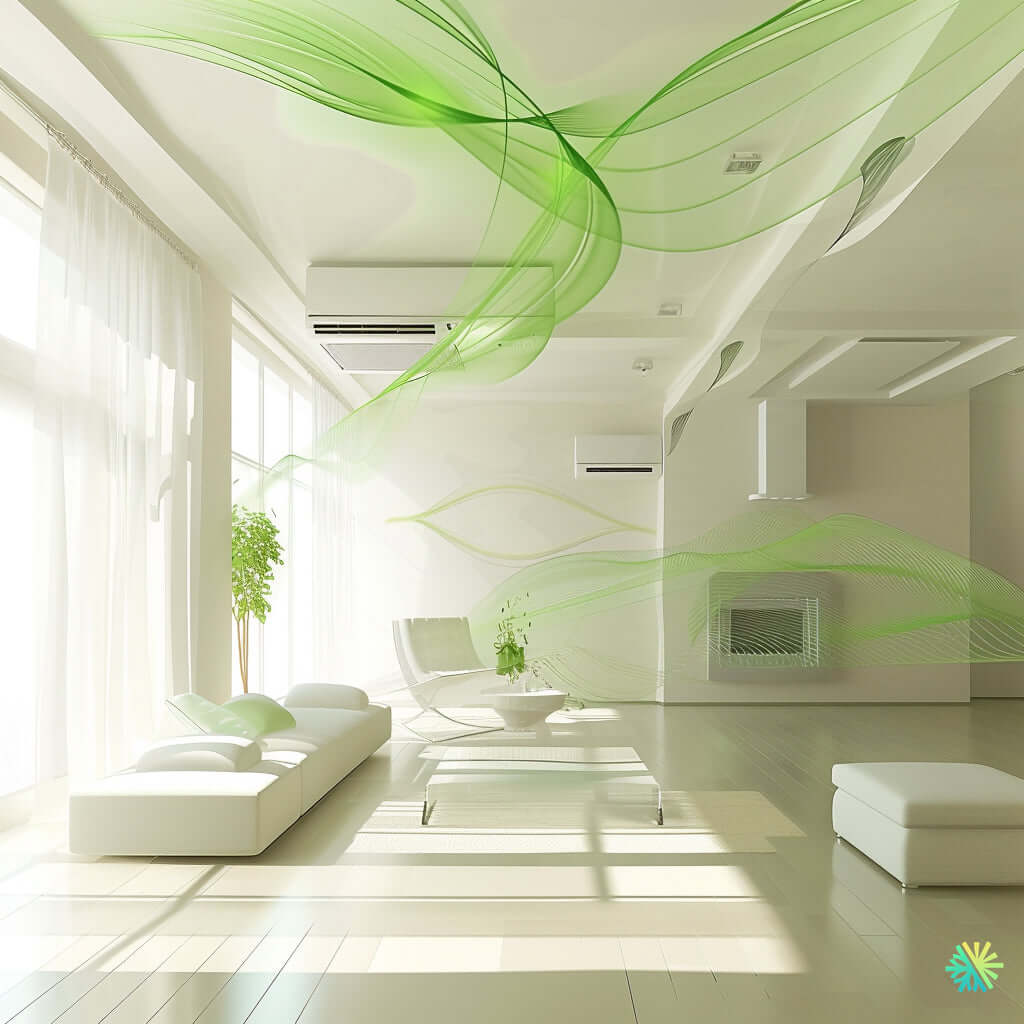The Crucial Impact of Ventilation on the Health of Home Inhabitants in Montreal and Surrounding Areas
If you're a resident of Montreal, Laval, Longueuil, the South Shore, or the North Shore, you're well aware of the region's extreme climate. Harsh winters and scorching summers demand effective temperature control inside our homes. However, ventilation is often an overlooked aspect of our heating and cooling systems. In this article, we will delve deep into the world of ventilation and explain how it affects the health of home occupants.
Indoor Air Quality: A Health Concern
Indoor air quality is a crucial factor for the health of your entire family. In a region like Montreal, where winters are long and windows remain shut for many weeks, ventilation becomes paramount. Here's how it impacts the health of home occupants:
1. Elimination of Pollutants
-
Adequate ventilation helps in removing pollutants from indoor air. This includes allergens like pollen, dust, and dust mites, as well as chemical pollutants emitted by cleaning products, furniture, and appliances.
-
By eliminating these pollutants, ventilation reduces the risk of allergies, asthma, and other respiratory issues.
2. Humidity Control
-
Fluctuations in indoor humidity can promote the growth of mold and fungi. Proper ventilation keeps humidity at an optimal level, preventing these problems from developing.
-
Mold can release harmful spores into the air, leading to allergic reactions and respiratory health issues.
3. Air Renewal
-
Ventilation ensures a constant renewal of the air inside the house. This means that fresh oxygen is introduced while carbon dioxide and other harmful gases are expelled.
-
Fresh and well-oxygenated air promotes concentration, enhances sleep, and reduces headaches and fatigue.
4. Comfortable Temperature
-
Good ventilation allows for even distribution of warm or cool air, ensuring a comfortable temperature in all rooms of the house.
-
This prevents discomfort associated with overheated or under-cooled areas, enhancing the well-being of occupants.
The Role of Modern Ventilation Systems
Today, modern ventilation systems are designed to maximize energy efficiency while improving indoor air quality. Here are some of the technologies commonly used:
1. Mechanical Ventilation
-
Mechanical ventilation systems mechanically control air circulation. They remove stale air from indoors while introducing fresh outdoor air.
-
These systems are highly effective in eliminating pollutants and maintaining a comfortable temperature.
2. Heat Recovery Ventilation (HRV)
-
HRV systems recover heat from the outgoing air to heat the incoming air, reducing energy consumption.
-
They are ideal for regions with harsh climates like Montreal, where heating is essential during long winter months.
3. Advanced Filtration System
-
Some ventilation systems are equipped with advanced filters capable of trapping microscopic particles, significantly improving indoor air quality.
-
This is particularly important for individuals with allergies or asthma.
4. Intelligent Control
-
Modern systems often incorporate intelligent control features that monitor and adjust ventilation based on needs, ensuring maximum efficiency.
-
Occupants can also control ventilation remotely through mobile apps, providing added convenience.
Conclusion
In conclusion, ventilation is more than just a component of your heating and cooling system. It plays a crucial role in the health and well-being of your family. Proper ventilation eliminates pollutants, controls humidity, renews the air, and maintains a comfortable temperature. Modern ventilation systems offer intelligent solutions to maximize these benefits.
If you reside in Montreal, Laval, Longueuil, the South Shore, or the North Shore, ensuring your ventilation system is in good working order is essential. Contact AirGreen, your HVAC expert, for personalized advice and high-quality ventilation services. Investing in your family's health by improving indoor air quality is a wise and long-term beneficial decision.

